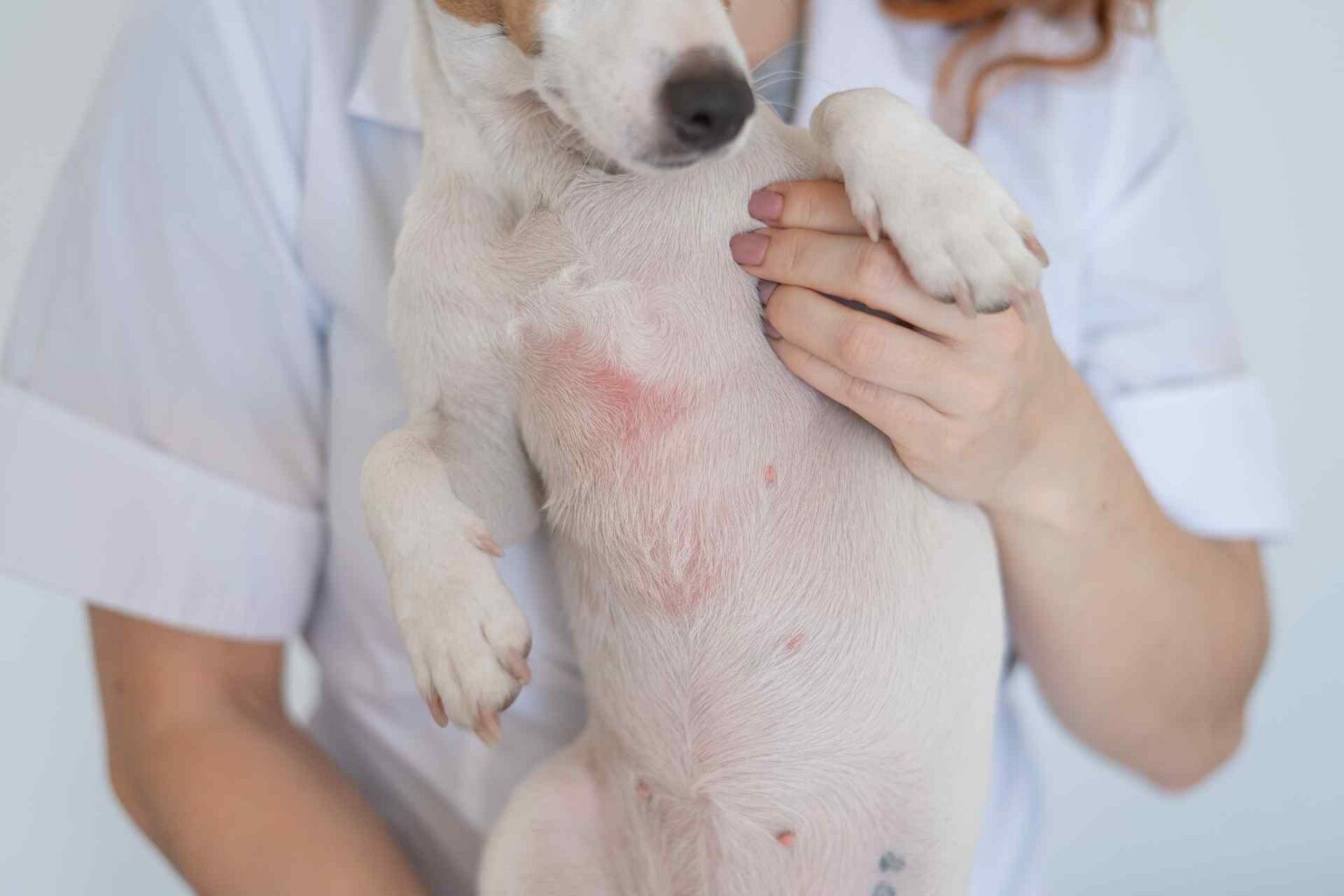A study published in the Journal of Veterinary Internal Medicine evaluated the consequences of the antibiotic on the physiological arrangement of intestinal flora and other metabolic parameters
In the veterinary setting, antibiotics are used empirically to treat a variety of gastrointestinal problems both acute and chronic, and metronidazole is the most widely prescribed drug in acute diarrhea in dogs, especially if Giardia or Clostridium perfringens infection is suspected. The use of antibiotics, however, reflects negatively on the composition of the gut microbiota , and these alterations can persist for a long time. In humans, for example, these changes affect 30 percent of bacterial taxa and can last up to six months. In the healthy dog, administration of tylosin reduces the presence of certain bacterial types for more than 14 days, increases fecal dysbiosis, and reduces the abundance of several bacteria that perform key metabolic tasks.
Metronidazole also has a significant impact on the gut microbiota, and the consequences of these alterations and restoration of physiological flora after treatment discontinuation were evaluated for the first time by a study conducted at Texas A&M University in collaboration with Louisiana State University and German-Jordanian University in Amman, Jordan.
The diversity and presence of key bacteria are reduced
The work, published in the Journal of Veterinary Internal Medicineand, aimed to describe the impact in the healthy dog of administering metronidazole for 14 days – alone or in conjunction with a hydrolyzed protein diet-on the fecal microbiota, metabolome, bile acids, lactate production, and serum metabolome. A prospective, nonrandomized controlled study involving 24 dogs divided into a control group (G1), a group given a hydrolyzed protein diet followed by metronidazole administration (G2) and a group that received only metronidazole (G3) was set up for evaluation. Microbiota composition was assessed by 16S rRNA gene sequencing and dysbiosis index based on quantitative polymerase chain reaction (qPCR), while stool and serum samples were subjected to untargeted metabolomic analysis, which was followed by targeted assessment of bile acids and lactate in stool.
The results are telling: there was no change in the controls, and the same was true for the change in diet in the G2 group. Metronidazole administration, on the other hand, significantly changed the composition of the microbiota in group G2 and group G3, with a reduction in diversity (p < 0.001) and the presence of key bacteria such as Fusobacteria (q < 0.001) that four weeks after treatment discontinuation was still not completely resolved. The fecal dysbiosis index was also found to be significantly increased (p < 0.001), and these changes were accompanied at the fecal level by the increase in total lactate (p < 0.001) and the decrease in deoxycholic acid and lithocholic acid (p < 0.001).
Administration of antibiotics requires caution
Thus, the study confirms that both on its own and in conjunction with a hydrolyzed protein diet, metronidazole administration goes to heavily affect the microbiota structure and metabolome, with significant dysbiosis flanked by excessive lactate in stool, increased markers of oxidative stress in stool and serum, and impaired bile acid conversion. For the most part, these changes persist for several weeks once the course of treatment has ended.
Recalling that the study involved a cohort of healthy dogs and therefore the results cannot be automatically transferred to the animal with gastrointestinal disease, the authors emphasize that the results nonetheless attest that the administration of antibiotics in dogs always requires caution.
Reference
Pilla R, Gaschen FP, Barr JW, et al. Effects of metronidazole on the fecal microbiome and metabolome in healthy dogs. J Vet Intern Med. 2020;34(5):1853-1866. doi:10.1111/jvim.15871











